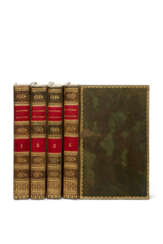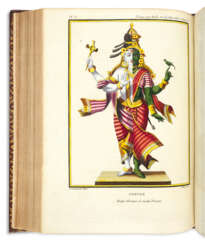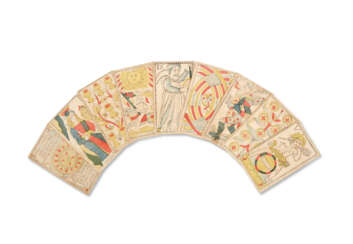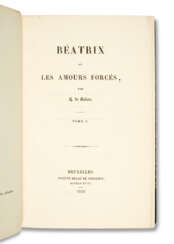
Books — Livres rares et Manuscrits
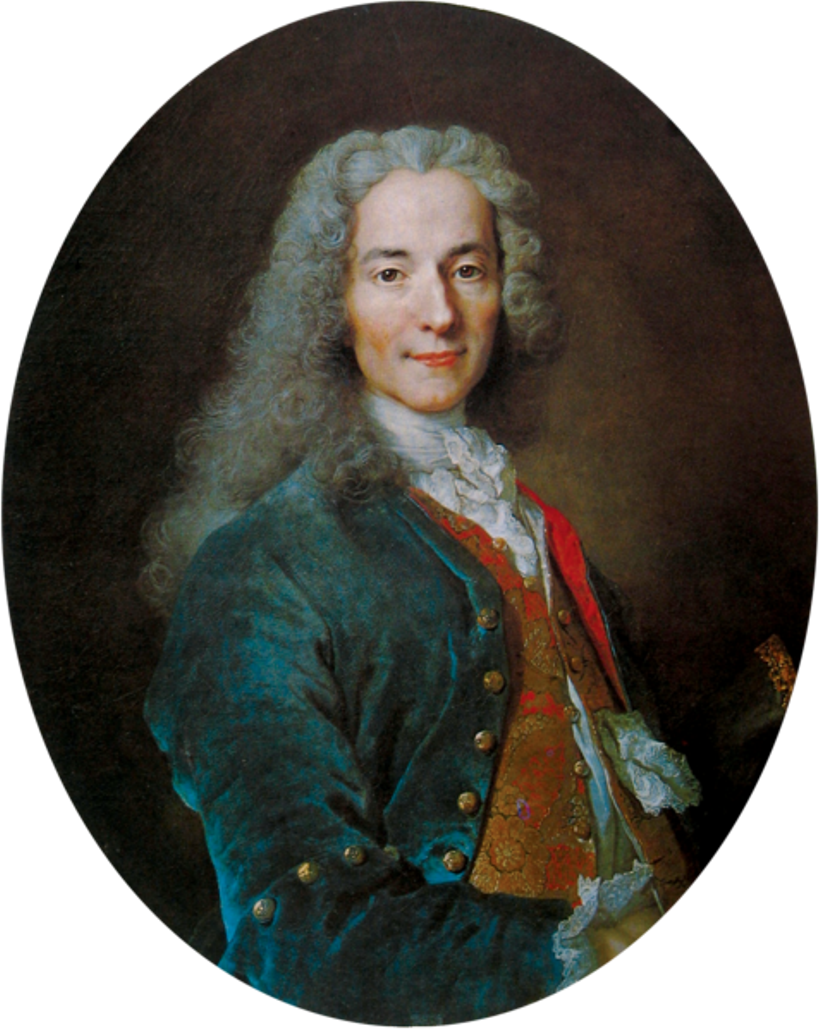
Voltaire, born François Marie Arouet, was a French philosopher-enlightener of the French Enlightenment, poet and writer, satirist, tragedian, historian and essayist.
Voltaire's long life fell on the last years of classicism and the eve of the revolutionary era, and in this transitional period his works and activities had a significant impact on the direction of European civilization. Through his critical freethinking and wit, Voltaire won the minds of many 18th century European rulers. To this day, he continues to enjoy worldwide fame as a courageous fighter against tyranny, bigotry, and cruelty.
Voltaire was an advocate of freedom of speech, freedom of religion and separation of church and state. He was a versatile and prolific writer in all literary forms, including plays, poems, novels, essays, histories, and scholarly expositions. In total, he wrote more than 20,000 letters and 2,000 books and pamphlets. Voltaire's most famous works are the tragic play Zaire, the historical study The Age of Louis XIV, and the satirical novella Candide.
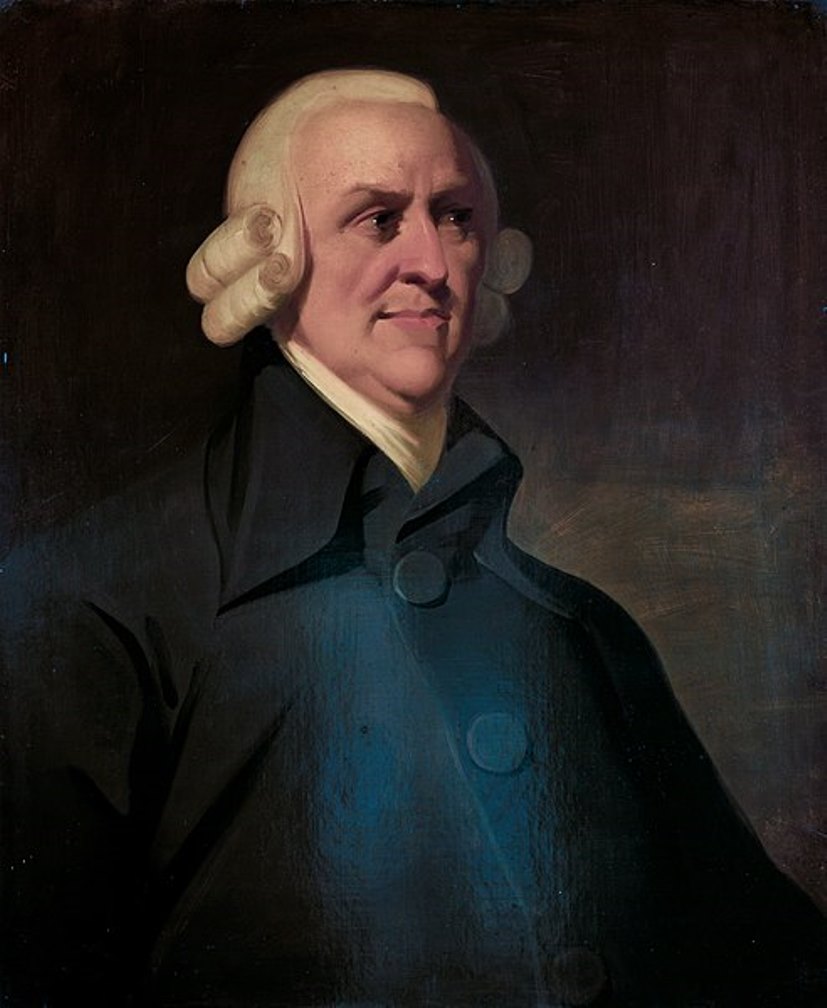
Adam Smith was a Scottish economist and philosopher, one of the founders of economic theory as a science.
After graduating from Balliol College at Oxford University, Smith in 1751 became Professor of Logic and then Professor of Moral Philosophy at the University of Glasgow. And at the same time worked on publishing some of his lectures. His book The Theory of Moral Sentiments was published in 1759. As a philosopher, he wrote on a wide range of subjects: moral philosophy, jurisprudence, rhetoric and literature, and the history of science. He was one of the leading figures of the Scottish Enlightenment. Adam Smith also studied the social forces that give rise to competition, trade, and markets. On his trip to France, he met François Kenet and the Physiocrats.
In late 1763, Smith was given the position of tutor to the young Duke of Buccleugh and resigned his professorship. He began to socialize extensively with the intellectuals of his day, aristocrats and scholars, members of the government and representatives of big commerce, and gradually moved from philosophy to economics.
Adam Smith published his most important work, An Inquiry into the Nature and Causes of the Wealth of Nations (abbreviated as The Wealth of Nations), in 1776. It was the first major exposition of the theory of free trade, where the author advocates individual liberty and the accumulation of wealth, while strongly advocating moral justice and duty to society. He describes a system of natural liberty and justice that seeks to raise the standard of living of the general population by equating higher wages with a healthier and more productive labor force. He proves his belief that the limits to growth are political, not economic, and outlines the principles that should guide lawmakers. Smith also lays out a history of economic theory, a historical analysis of the wealth of nations, including China, and predictions for the future.
"The Wealth of Nations" was the first and still remains the most important book on political economy. And Adam Smith himself is considered the founder of classical political economy; he introduced the term "the invisible hand of the market." Although he did not use the word "capitalism", he is called the father of modern capitalism.


![[CHRONIQUES DE SAINT-DENIS]](/assets/image/picture_2931987/6c957/619ef91f24f3a9a6e31a1fb9c16b62ad1687420800jpg__fix_374_244.jpeg)
![[CHRONIQUES DE SAINT-DENIS]](https://veryimportantlot.com/assets/image/picture_2931987/6c957/619ef91f24f3a9a6e31a1fb9c16b62ad1687420800jpg__fix_374_244.jpeg)


![[CONSTITUTION FRANÇAISE]](/assets/image/picture_2931993/54dbc/5479a4e59ee3af9cc9f1b316e694e87b1687420800jpg__fix_374_244.jpeg)
![[CONSTITUTION FRANÇAISE]](https://veryimportantlot.com/assets/image/picture_2931993/54dbc/5479a4e59ee3af9cc9f1b316e694e87b1687420800jpg__fix_374_244.jpeg)
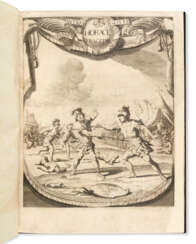

![[CURIOSA] Abbé de FAVRE](/assets/image/picture_2932002/6dcd2/50a8b4ee528ea286f80d80da9e390f1a1687420800jpg__fix_374_244.jpeg)
![[CURIOSA] Abbé de FAVRE](https://veryimportantlot.com/assets/image/picture_2932002/6dcd2/50a8b4ee528ea286f80d80da9e390f1a1687420800jpg__fix_374_244.jpeg)
![CURIOSA - [André-Robert Andréa de NERCIAT (1739-1800)]](/assets/image/picture_2932004/b2f94/4266058edd6598e933e409b4da482c7c1687420800jpg__fix_374_244.jpeg)
![CURIOSA - [André-Robert Andréa de NERCIAT (1739-1800)]](https://veryimportantlot.com/assets/image/picture_2932004/b2f94/4266058edd6598e933e409b4da482c7c1687420800jpg__fix_374_244.jpeg)
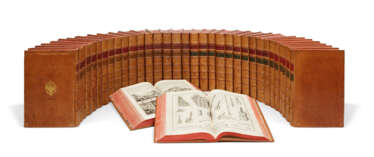

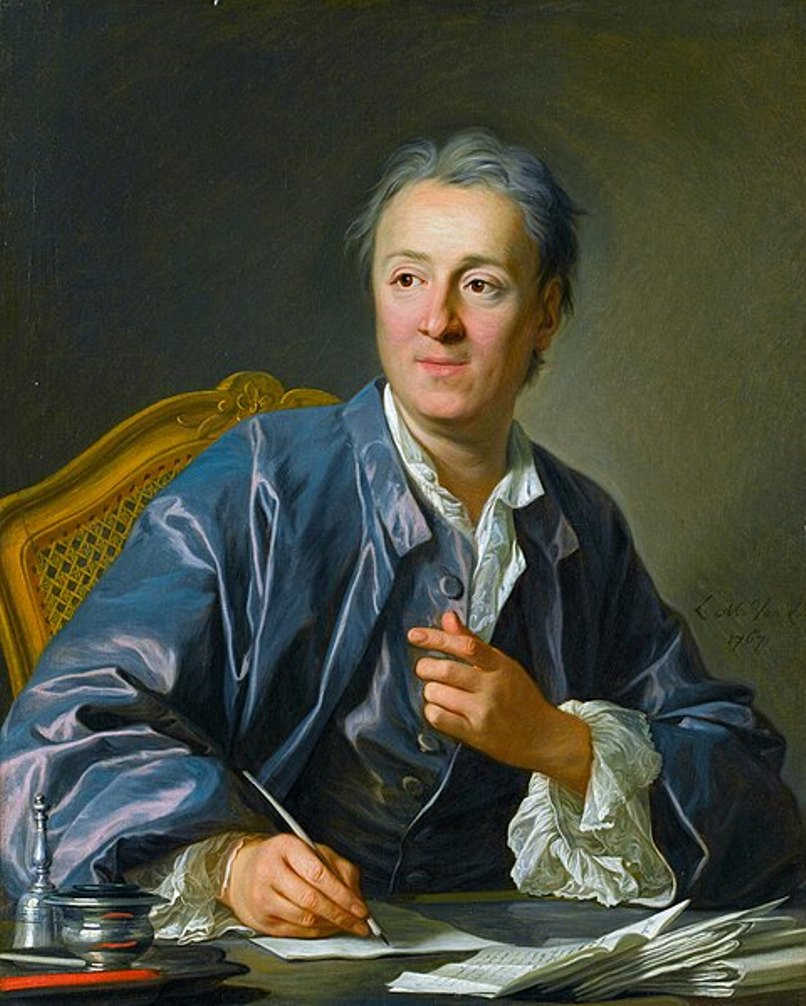
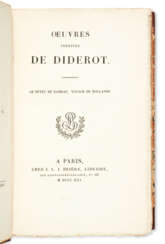

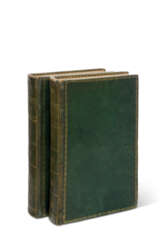

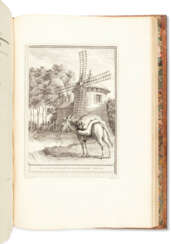

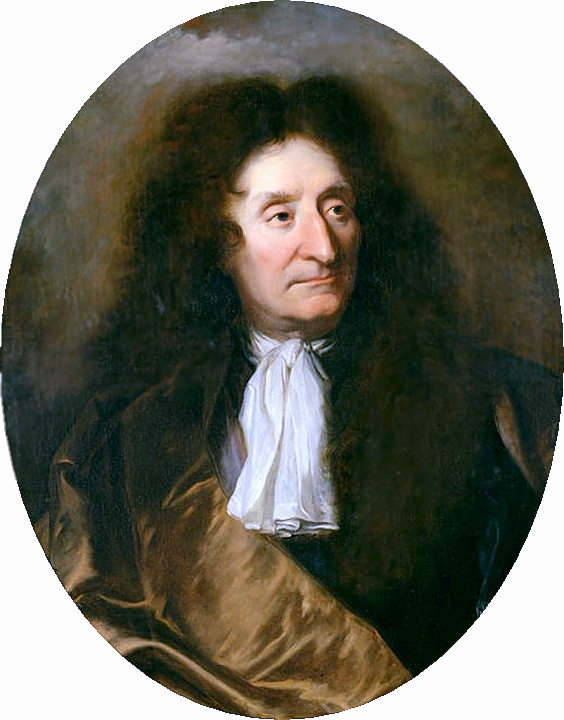
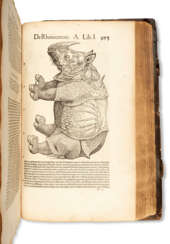

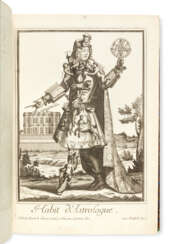

![[LÉPICIÉ, Nicolas-Bernard (1735-1784) – Charles MONNET (1732-1808)].](/assets/image/picture_2932046/30b39/4011536f6fe9714f665693807fd06f111687420800jpg__fix_374_244.jpeg)
![[LÉPICIÉ, Nicolas-Bernard (1735-1784) – Charles MONNET (1732-1808)].](https://veryimportantlot.com/assets/image/picture_2932046/30b39/4011536f6fe9714f665693807fd06f111687420800jpg__fix_374_244.jpeg)
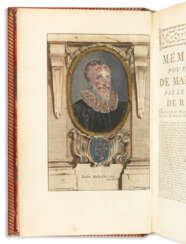

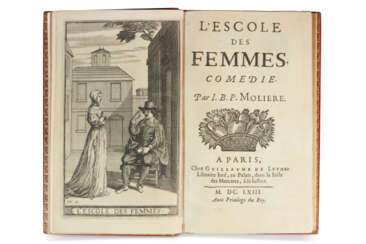

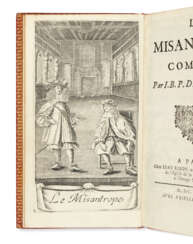

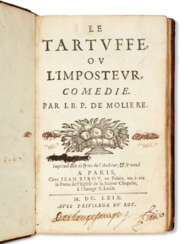

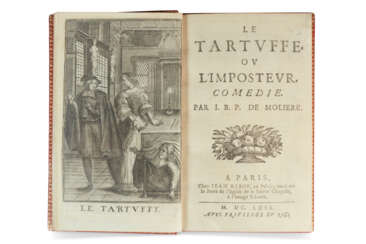

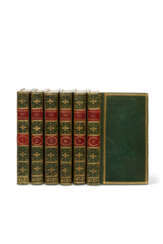

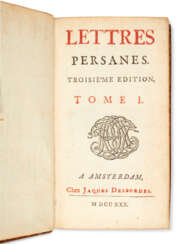

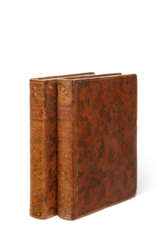







![[SADE, Donatien Alphonse François, marquis de (1740-1814)]](/assets/image/picture_2932088/589fa/c5c90c02c46f7432e0f8932b830b43351687420800jpg__fix_374_244.jpeg)
![[SADE, Donatien Alphonse François, marquis de (1740-1814)]](https://veryimportantlot.com/assets/image/picture_2932088/589fa/c5c90c02c46f7432e0f8932b830b43351687420800jpg__fix_374_244.jpeg)
